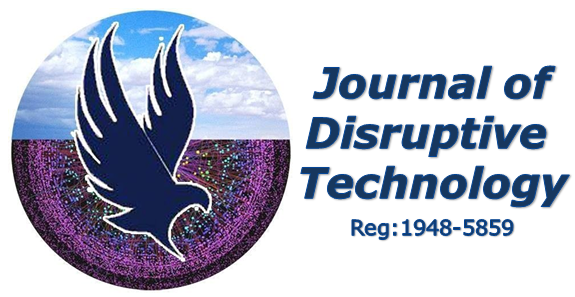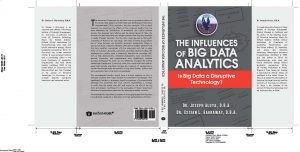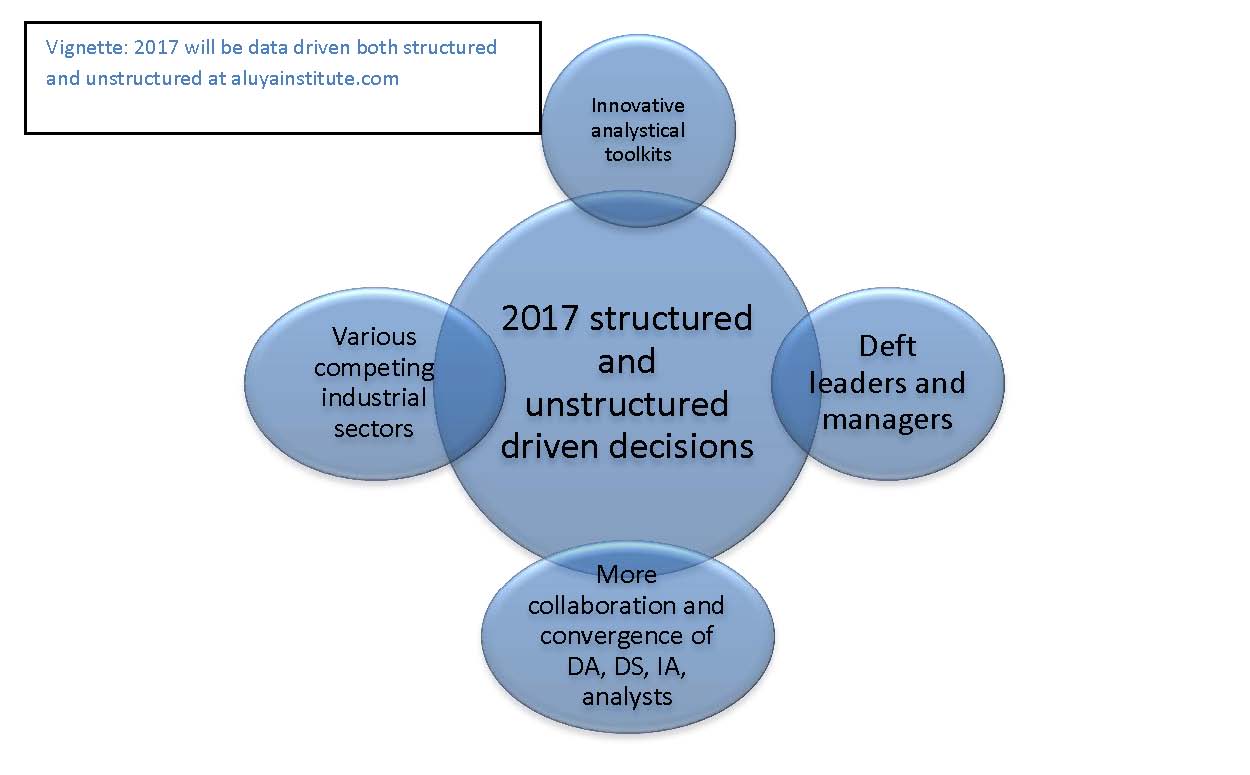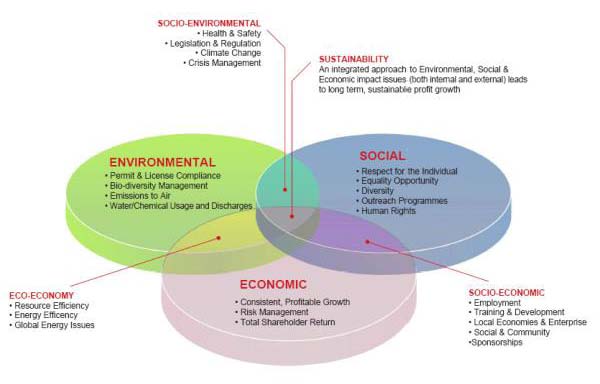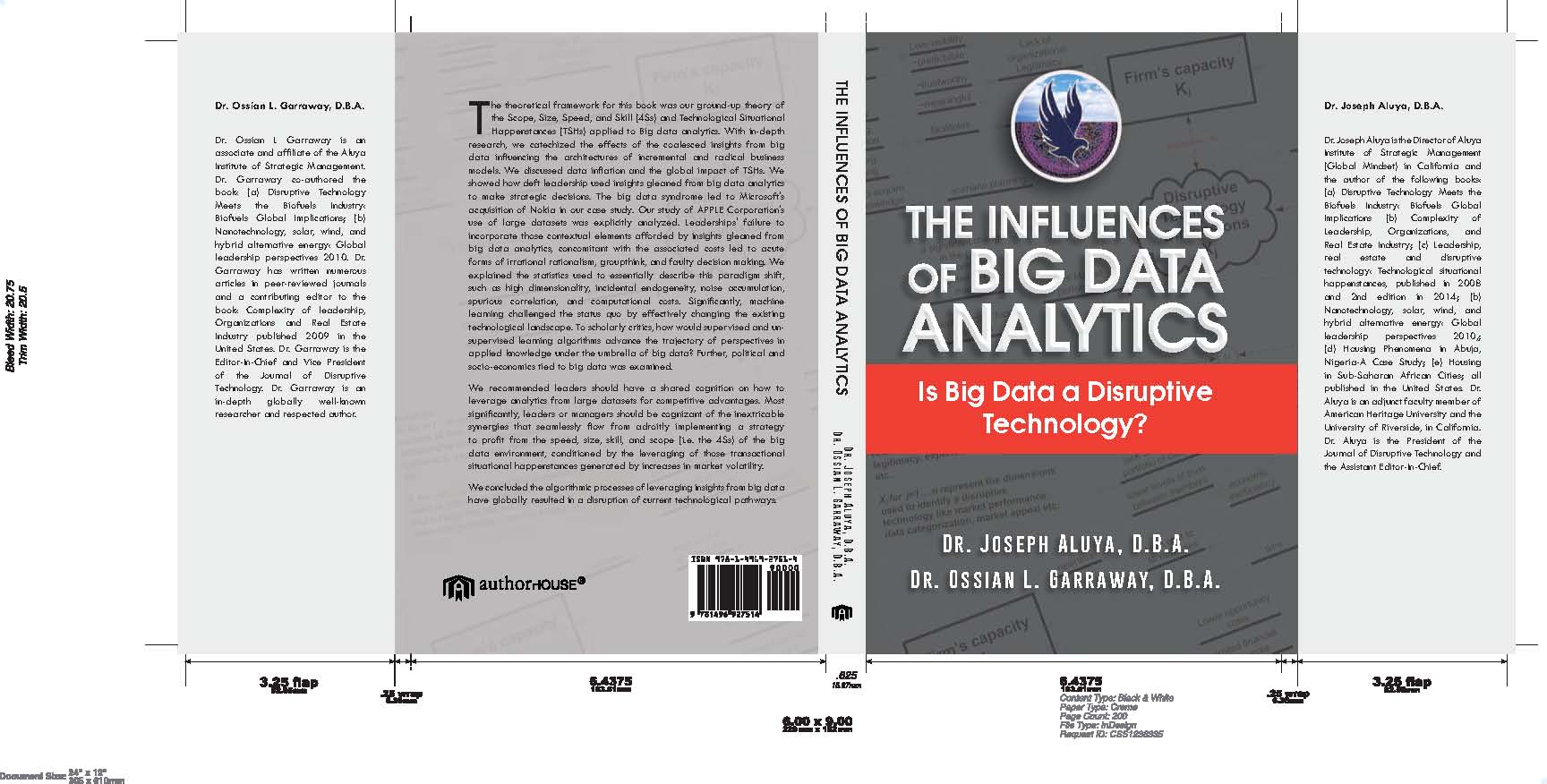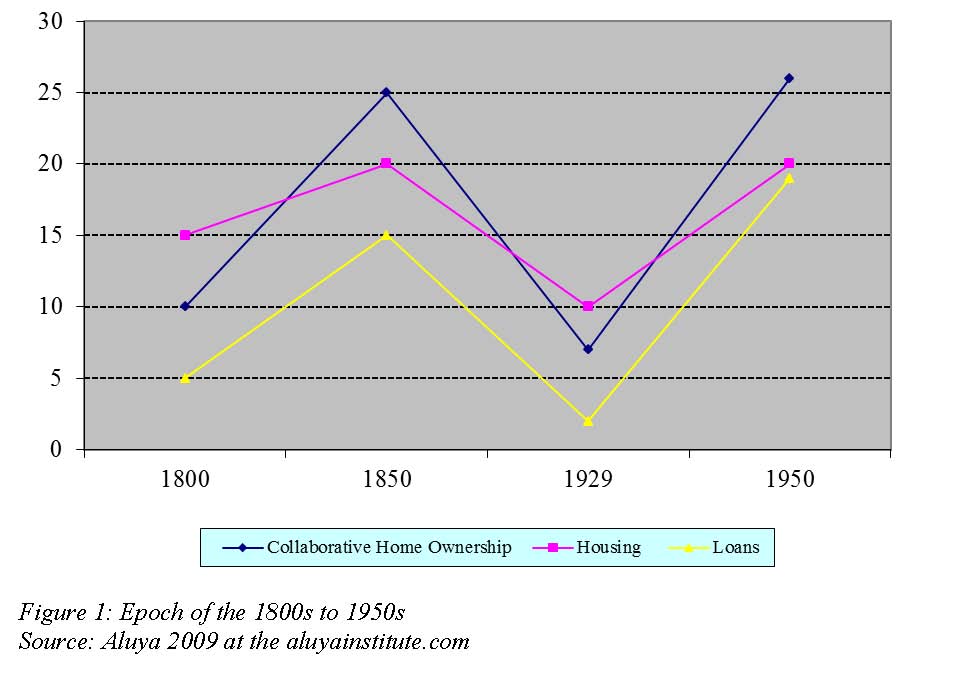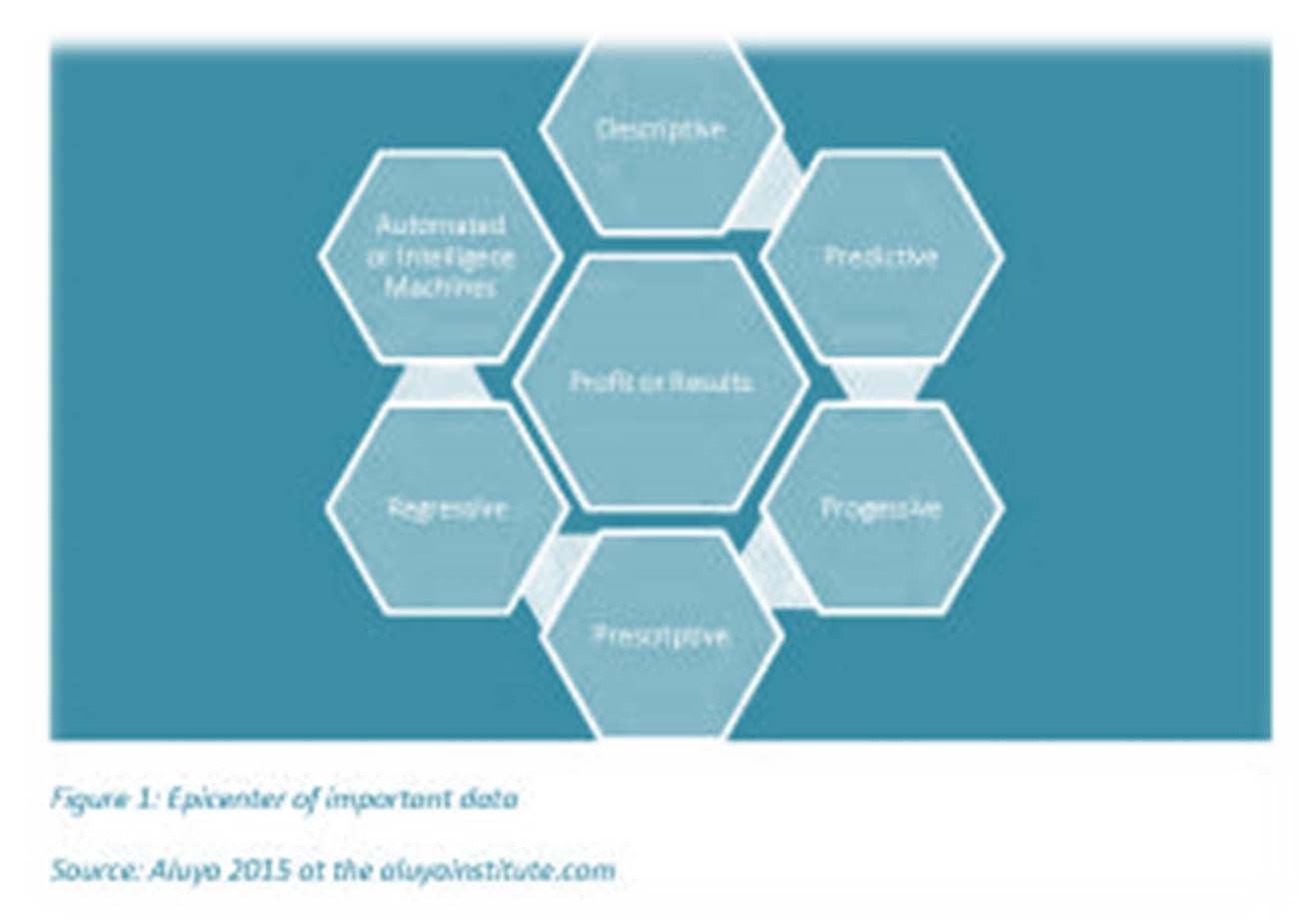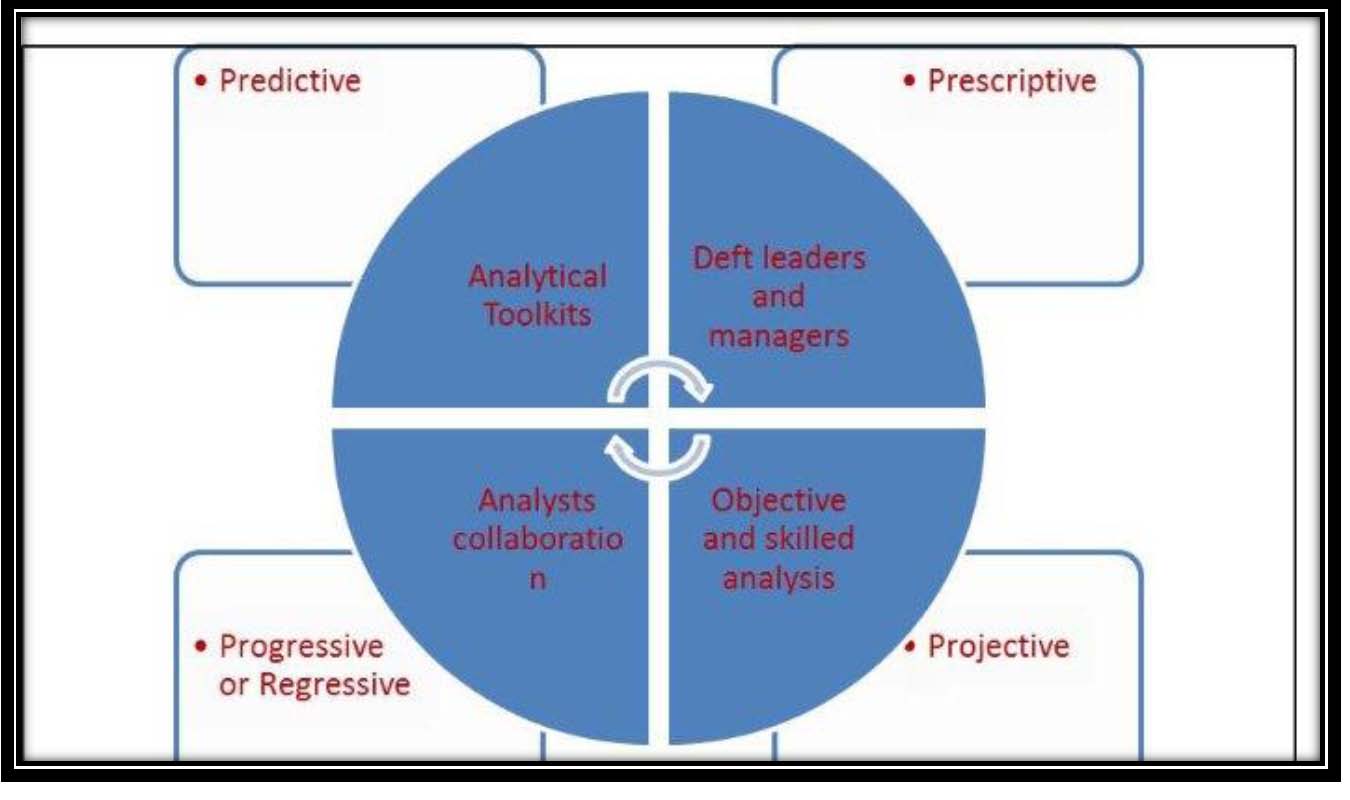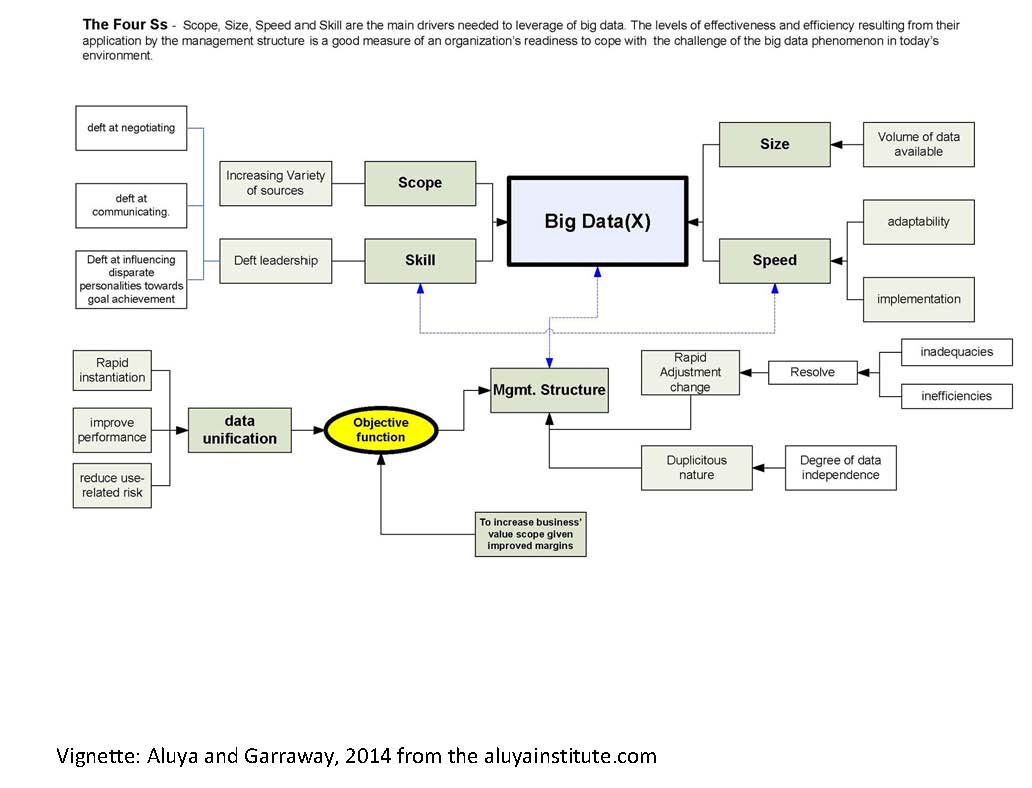
What intelligence machines or analytical tools cannot do in the 21st century!
feel free to call us 714-488-5927 info@jofdt.com

-
Yes! 2016, 2017 and 2018 will be driven by actionable real time important data sets
Editor-In-Chief, , Collaborative Management, Disruptive Tech, Leadership, Uncategorized, Collaborative efforts, 0
Yes! 2016, 2017 and 2018 will be driven by actionable real time important data sets In 2016, organizational culture,...
-
Understanding the doctrine of sustainability within the realm of business and technology
Editor-In-Chief, , Collaborative Management, Disruptive Tech, Leadership, News, Philosophy, Social, b, Sustainability, 0
Doctrine: Change in a system is necessary and inevitable for sustainability. And what is sustainability? Sustainability would be the...
-
Journal of Disruptive Technology Conference in California
Editor-In-Chief, , Alternative Energy, Big Data, Biofuels, Call for Papers, Collaborative Management, Disruptive Tech, Intelligent Machines, Leadership, Organizational Culture, Prescriptive Analysis, Big data, disruptive technologies, Disruptive Technologies and Leadership, 0
Dear Colleagues, We are inviting you to submit your valuable organic research work on disruptive technology that has changed...
-
Historical journey or narrative of the real estate industry from the 1800s to 2017 begins here.
Editor-In-Chief, , Disruptive Tech, Leadership, News, Real Estate, Earlier form of real estate, 0
Before digressing into the current disruptive nature of the real estate and the mortgage industry, it is pertinent to...
-
The Real estate industry from 1990’s to the present
Editor-In-Chief, , Collaborative Management, Disruptive Tech, Leadership, News, Real Estate, Social, Evolving real estate, 0
Following this thread from the previous posting, it explicitly explained the historicity of the real estate industry from 1800’s...
-
What intelligence machines or analytical tools cannot do in the 21st century
Editor-In-Chief, , Disruptive Tech, Intelligent Machines, Leadership, 0
In the 21st century, enterprises have been discovering ways to use data to gain more business value; unifying intuition...
-
Stop living in the past and start living for the future
Editor-In-Chief, , Collaborative Management, Disruptive Tech, Intelligent Machines, Leadership, Organizational Culture, Big data, disruptive technologies, Disruptive Technologies and Leadership, Disruptive Technology and leadership, 0
I have written extensively on creative, destructive, and disruptive technologies. As a matter of fact, our peer-review Journal of...
-
Business enterprises use analytical tool kits to analyze big data sets for profit
Editor-In-Chief, , Disruptive Tech, Leadership, Analyzing big data for profit, 0
Applying analytic techniques to large data sets, and using predictive modeling have rendered insights into: (a) how the organization’s goals...
Recent Posts
- Publications for Special Edition Issue, June, 2025
- Phenomenon of Leadership Failure: An Exploration to Determine the Significance of Moral Action for a Sustainable Leadership ~Kenneth-Maxwell Nance~Maxwell Leadership Institute
- The Influence of Organizational Culture on the Adoption of ICT Innovation following Technological Disruption: Evidence from Kenyan ICT SMEs
- Artificial Intelligence Machines or Robots Could Regard Humans as Threats to Their Existence
- Journal of Disruptive Technology Conference in California
Recent Comments
Archives
Categories
About JOFDT
As a benchmark, the Journal of Disruptive Technology (JODT) seeks to improve submissions prior to approving their publication. Our peer-reviewed process reflects the necessary rigor and scrutiny needed to bring forth the submission’s essence. Such submissions should be novel and substantial. Since our distribution is global, our reviewers follow guidelines that are thorough and rigorous. In addition, each submission has a dedicated quantitative and/or qualitative review, and unnecessary delays to the submission’s publication are kept to a minimum. It is our practice to circulate galley proofs prior to final submission and each manuscript is printed with the submission date, the revision date, and an acceptance date. While the traditional operational functions of the journal include peer review, editing, and final proof.
